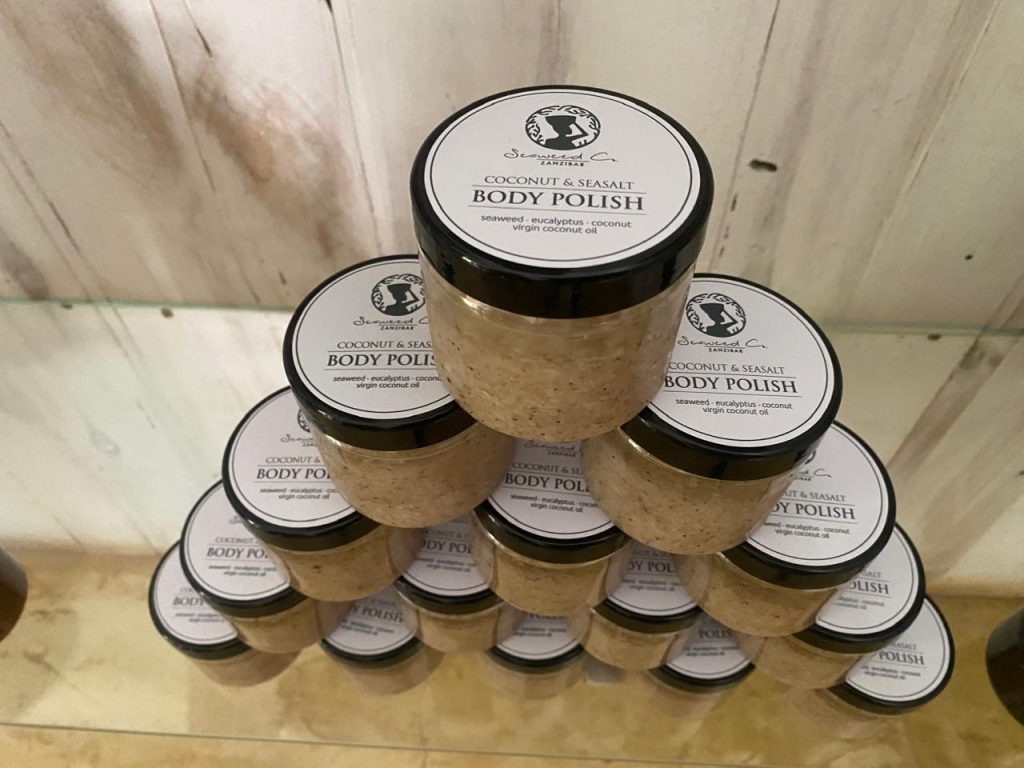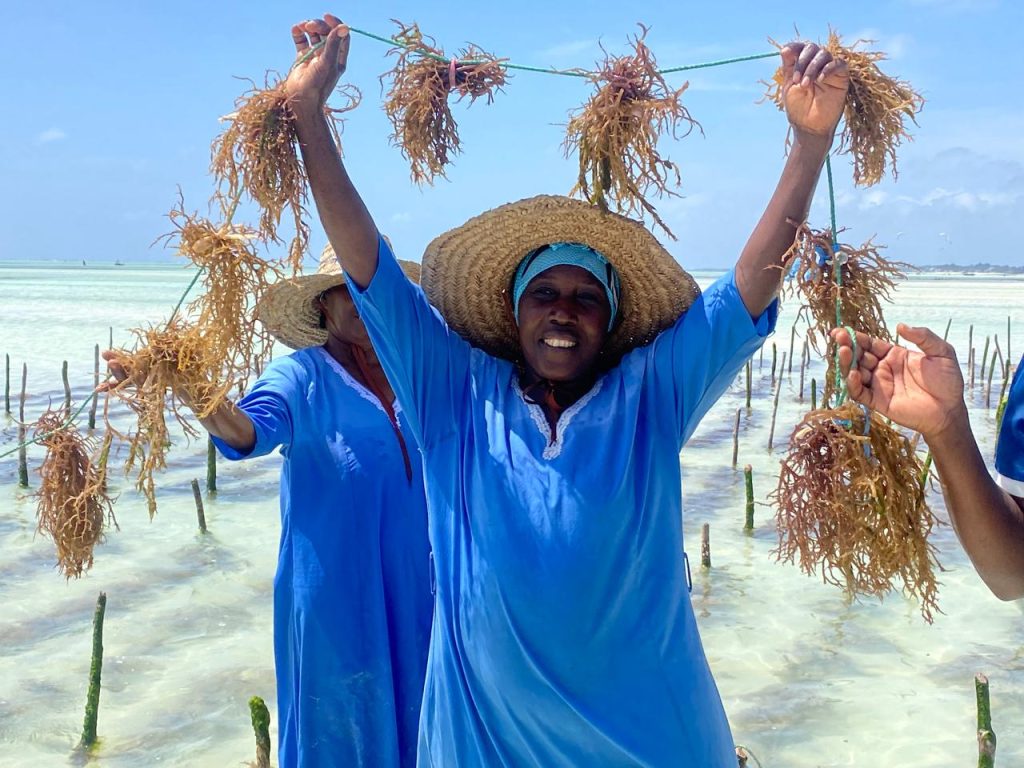
Tech for trash in Zanzibar as UN plastic pollution treaty nears final stage » Capital News
KISII, Kenya, Mar 27- In the ongoing effort to promote waste management using innovation and technology in Zanzibar island, students from State University Zanzibar have come up with innovative solutions to transform waste into valuable resources using technology to promote circular economy and environmental sustainability.
Zanzibar, like many other islands, faces challenges such as rapid urbanization growth of 768 people per square kilometer, a booming tourism industry and growing threats of climate change such as the raising of sea water levels posing significant environmental and social-economic challenges to communities and ocean life.

Innovation of Waste X Lab to manage waste.
Students from state university of Zanzibar under the Waste X lab initiative on the blue innovation have come up with solutions to address environmental challenges such as waste management and marine population for a circular economy.
While presenting at the Africa 21’s Zanzibar circular economy workshop for journalists Dr.Abubakar Bakari- a lecturer at the State University of Zanzibar said they are supporting waste management groups to come up with solutions of transforming waste into solutions.
“We are supporting solid waste management groups to come up with innovative solutions using technologies such as Artificial Intelligence(AI) to help the communities and the government in creating green jobs,” he stated.
Since the project was initiated, at least 40 groups of solid waste management operators have benefited from the waste X lab project and providing employment to 1070 young people in this island of which 59 per cent are young women.
Through the use of AI tools such as AI, SUZA will help in addressing climate change which has made traditional fishing challenging with increasing sea water levels, with AI tools in place ,it will predict water levels and tides and guide fishermen to move to sustainable fishing zones.
The use of AI tools will also encourage fishermen to practice eco-friendly fishing and this will prevent over-fishing in critical habitats and also locating fish faster, improving yield and sustainability.
Can the world agree on final plastic pollution talks?
Henrique Pacini- UNCTAD Economist affairs officer says adoption of the International Negotiating Committee(ICN-5) a UN global treaty to end plastic pollution for a plastic free future.
African countries are calling for strong binding rules with Kenya leading in the negotiations after banning use-plastic bags in 2017.
“Marine biodiversity is being endangered with an alarming plastic waste accumulation, which has become a major environmental and economic challenge for marine ecosystem and tourism industry,” Henrique stated.
According to UNEP, ocean plastic could outweigh fish by 2050 while plastic pollution is projected to triple by 2060.
Women lead in circular economy and blue economy

Sarah Pima, director at Human Dignity and Environmental Organization (HUDEFO) circular economy in Tanzania helps in waste reduction through sustainable use of ocean resources for economic growth and improving livelihood and ocean health.
“Resource efficiency and recycling extends the life cycle of materials and turns waste into valuable products due to limited land for waste , dependence on imported goods and climate change,” said Pima.
She said the island has a number of women groups recycling plastic waste into reusable bags ,building materials and eco-friendly products, not forgetting remanufacturing of organic waste products into compost fertilizer for agricultural use.
“With 70 per cent of Women getting into environmental conservation and economical sustainability, embracing circular economy, they have been able to reduce waste and pollution from the ocean, prevent deforestation by getting into aquaculture and agroecology,”she added
Hundreds of Women have ventured into seaweed farming for social economic empowerment and transforming their lives and those who depend on them. Many have taken a step of value addition to seaweed processing it into cosmetics and food products.
A trillion dollar opportunity in the blue economy
According to the UNTCAD report which was produced as part of the Sustainable Manufacturing and Environmental Pollution(SMEP) programme, worldwide trade in plastic substitutes and their products was worth$388 in 2020.
Mirko Dunner, a project coordinator at the UNTCAD says the seaweed market is expanding exponentially due to value addition and innovation in the seaweed industry.
“We have about 25,000 seaweed farmers on this island and 80 per cent of these farmers are women, this is an indication that women are part of the economic inclusion conversation while providing income,” Mirko stated.
He further says, with the global demand, seaweed is now exported for the manufacturing of pharmaceuticals ,food and cosmetics and biofertilizers supporting national Gross Domestic Product (GDP) and foreign exchange.
The island has embraced local processing of seaweed through value addition and they are making products such as soap, cosmetics, fertilizer and animal feed, while boosting the economy sector.